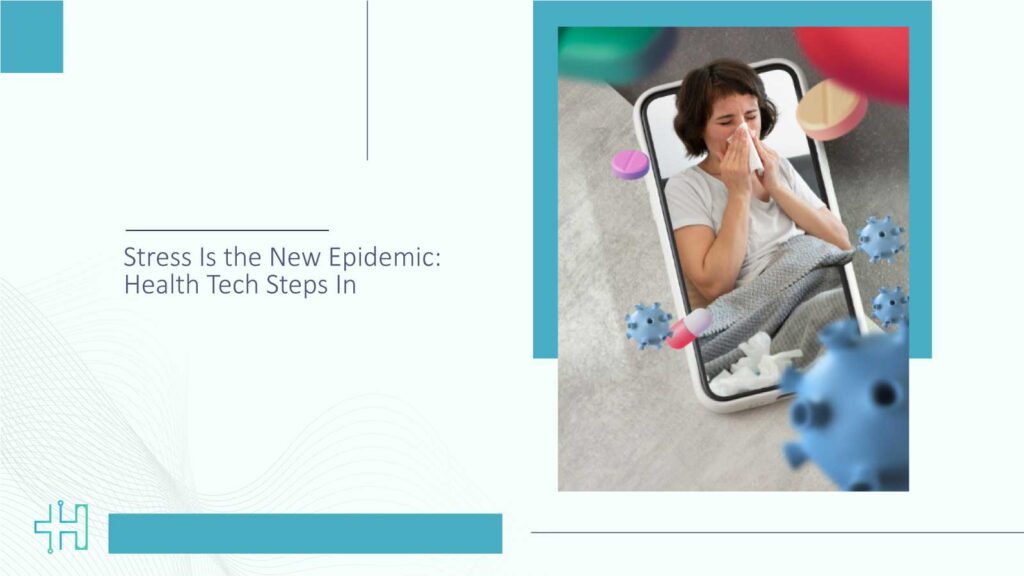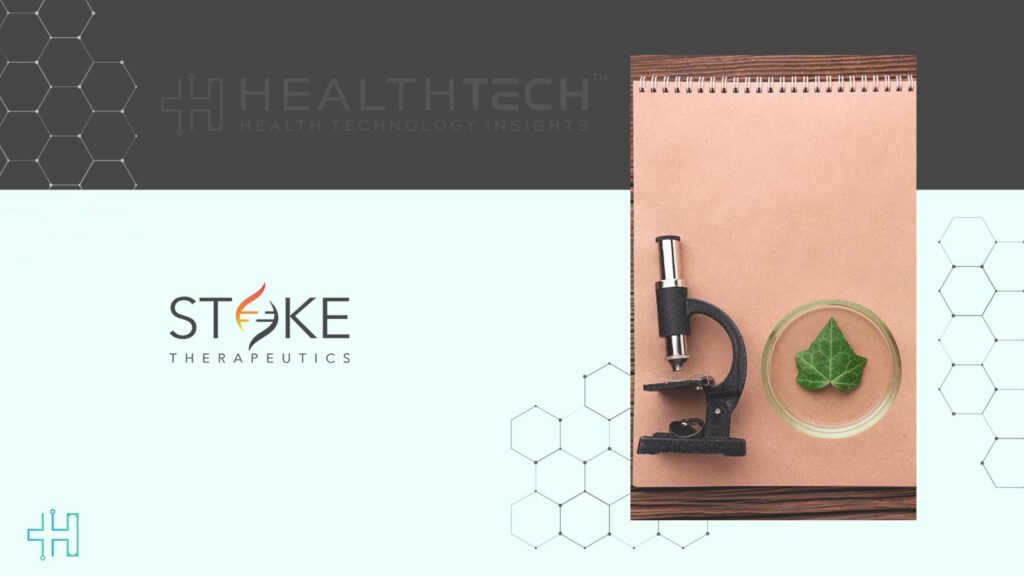Melanoma is the deadliest form of skin cancer and causes thousands of deaths each year. Detecting it early is very important for increasing the chance of survival, but it can be hard to tell apart from normal moles or other skin issues. To help with this, scientists created an artificial intelligence model that uses both patient information and skin images. This model has shown very good results in finding melanoma early. The research was led by Professor Gwangill Jeon from the Department of Embedded Systems Engineering at Incheon National University in South Korea, along with researchers from the University of West of England, Anglia Ruskin University, and the Royal Military College of Canada. Their model achieved 94.5% accuracy in identifying melanoma, marking a big step forward in using AI in healthcare.
Health Technology Insights: Health Technology Insights: Latest News And Innovations – Roundup 4 November 2025
Most existing AI tools for skin cancer diagnosis use only images of the skin taken under a special light. But these tools don’t take into account important details about the patient, like their age, sex, or where the skin issue is located. Professor Jeon realized that adding this kind of patient information could improve the results. He developed a deep learning model that combines image data with patient data. The team used the SIIM-ISIC melanoma dataset, which includes over 33,000 images and clinical details. The model was trained to find links between the visual features of the skin and the patient’s personal details. It performed better than other existing models like ResNet-50 and EfficientNet that only use images.
Health Technology Insights: Mirum Pharma showcases LIVMARLI and Volixibat data at AASLD
In addition to being highly accurate, the team looked at which features were most important in making the model’s decisions. They found that the size of the skin issue, where it is on the body, and the patient’s age were the main factors influencing the results. This helps doctors understand why the AI makes certain predictions and build trust in using it for medical decisions. Professor Jeon said the model was designed to be useful in real-world situations and could be a helpful tool in melanoma screening programs.
Looking to the future, this AI system could be used in mobile apps for skin checks, telemedicine services, and clinics that support dermatologists. It could help reduce mistakes in diagnosis and provide better access to quality care. Professor Jeon said the research is an important step toward personalized medicine and preventing diseases by using AI technologies. This study shows how combining medical data with advanced machine learning can create more effective and accessible tools for early melanoma detection, which can save lives.
The research was shared online on June 6, 2025, and will be published in Volume 124 of the journal Information Fusion on December 1, 2025. This highlights the potential of using multiple types of data in AI to bring technology closer to real-world medical care.
Health Technology Insights: Gilead’s Livdelzi Shows ALP Reduction and Itch Relief in PBC
To participate in our interviews, please write to our HealthTech Media Room at info@intentamplify.com




